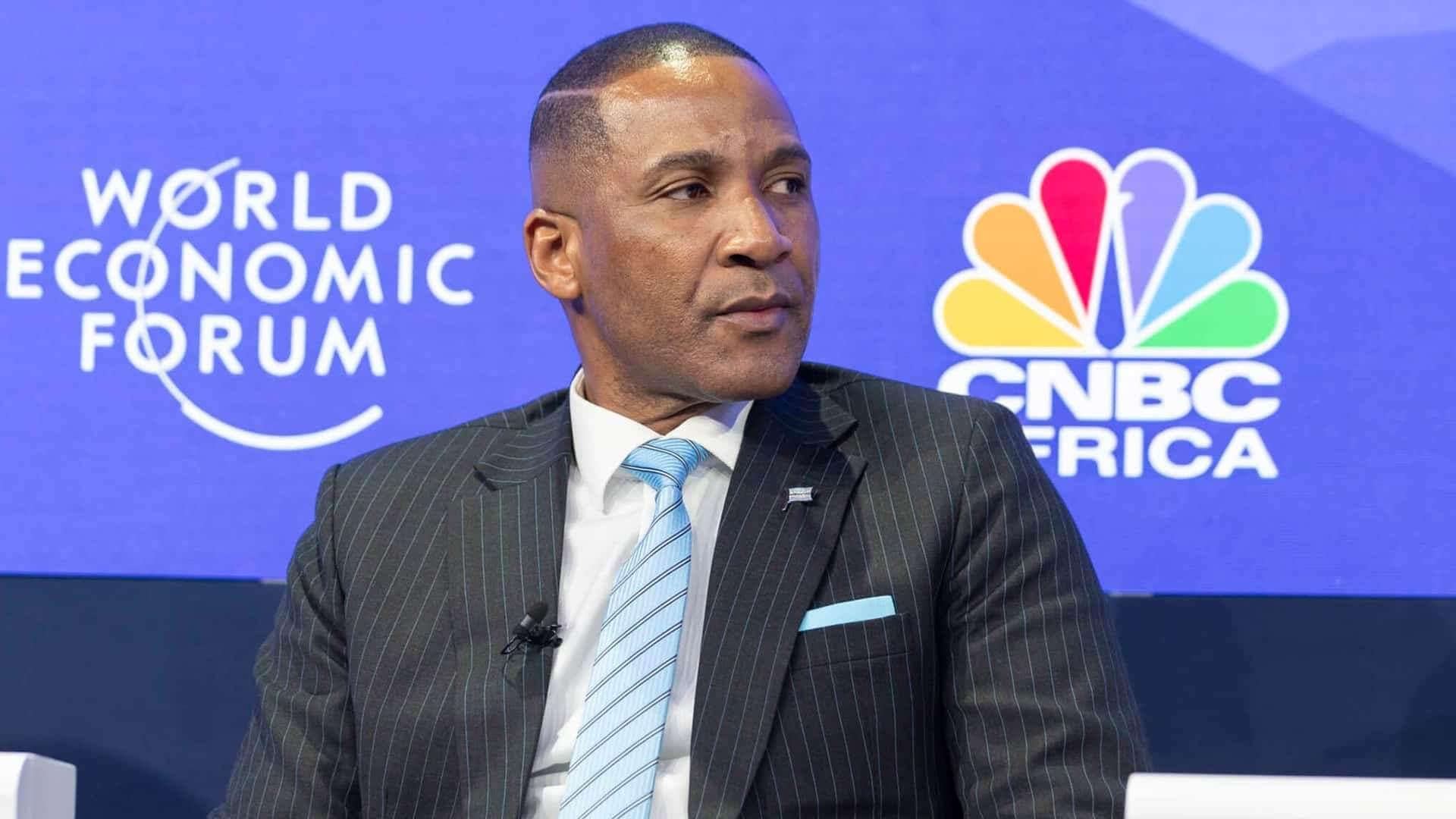Botswana’s first public health emergency exposes the fragility of even Africa’s most stable nations. As medicine shortages threaten lives, the government’s swift military-led response is a race against time to restore hope and health.
A critical deficit in essential medicines and medical equipment triggers Botswana’s first national public health emergency, exposing dangerous vulnerabilities in the healthcare supply chain.
Restoring Our Public Health With Urgency
— Duma Gideon Boko (@duma_boko) August 25, 2025
Our health system has come under severe strain due to past irregularities. Today, I declared a State of Public Health Emergency to fast-track solutions and save lives.
I have established the Health First Botswana Partnership, a P5… pic.twitter.com/AHdC0r0aBI
Botswana is facing its most severe health crisis in decades after President Duma Boko declared a public health emergency on August 25, 2025.
Major clinics and hospitals nationwide are running dangerously low on life-saving medicines, medical equipment, and critical supplies. This alarming situation spotlights Botswana’s economic reliance on diamond exports and reveals the risks of an underfunded public health system.
What Sparked the Emergency?
The crisis stems from the collapse of Botswana’s national medical supply chain, a domino effect of persistent downturns in the global diamond market that sharply reduced state revenues.
The finance ministry reported mounting debts and large unpaid supplier invoices, while cuts to US HIV/AIDS funding further strained resources.
The Health Ministry admitted it can no longer provide routine medicines across public facilities, with particularly severe shortages in drugs for hypertension, diabetes, cancer, tuberculosis, and HIV/AIDS treatment.
Government Response: Emergency Funding and Military Mobilization
President Boko unveiled a 5-billion pula ($348 million) emergency response plan—the largest in Botswana’s modern history.
The Botswana Defence Force has been deployed to manage logistics and rapidly distribute remaining medical supplies, prioritizing delivery first to major cities and then to remote areas.
Emergency convoys began dispatching within hours of the announcement. Nationwide, elective procedures and non-urgent medical services, including organ transplants, have been suspended to focus resources on the crisis.
The Human Cost: Impact on Patients and Vulnerable Communities
Those most affected are patients with chronic illnesses and vulnerable populations, including children in rural areas who depend on life-sustaining medicines.
UNICEF and health agencies warn of an impending rise in preventable deaths, malnutrition, and setbacks in Botswana’s fight against HIV/AIDS and other epidemics.
In some areas, as many as one in five children are now underweight due to disruptions in medical care and nutrition programs.
The Bigger Picture: Economic and Social Aftershocks
Botswana’s health crisis highlights the dangers of overreliance on diamond revenues—a foundation of national prosperity since independence—and underscores the broader risks facing African nations dependent on single export markets.
The government acknowledges that overhauling the procurement system will be costly and complex, requiring significant domestic reforms and urgent international support.
Health Minister Dr. Stephen Modise urged citizens to remain calm, assuring that the government and military “will not rest until every region has access to essential medicines again.”
Conclusion
Botswana’s declaration of a public health emergency sends a stark warning across the continent about the risks of economic dependency and inadequate investment in resilient public health systems.
The coming weeks will test the nation’s leadership and international partnerships as they confront a crisis few anticipated—one that threatens lives and national stability.
Botswana’s crisis is a critical call to action for African policymakers—economic diversification and strong, adaptable health systems are imperative for the continent’s future resilience.
Leave a comment
Your email address will not be published. Required fields are marked *





